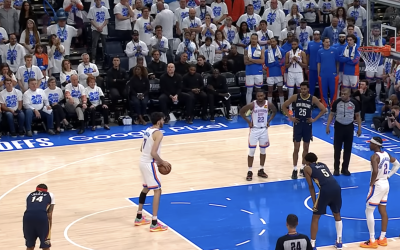The Tour de France is a prestigious and grueling multi-stage bicycle race held annually in France and occasionally passing through neighboring countries. The race typically lasts for three weeks and covers a distance of around 3,500 kilometers (approximately 2,200 miles). The late stages of the Tour de France are among the most crucial and decisive parts of the race, determining the overall winner and various other competitions.
In the last week of the Tour de France, the riders have already endured two intense weeks of racing, covering both flat and mountainous terrain. Fatigue and exhaustion become major factors, and the stages become even more challenging, with high mountain passes and long, demanding days on the saddle.
The stages in the final week often include iconic mountain climbs in the French Alps and the Pyrenees, where the race can be won or lost. Riders face challenging ascents, steep gradients, and unpredictable weather conditions. Some of the famous climbs in the late stages include Alpe d’Huez, Mont Ventoux, Col du Tourmalet, and Col d’Izoard, to name a few.
The General Classification (GC), also known as the yellow jersey competition, is the most prestigious classification in the Tour de France. The late mountain stages play a crucial role in determining the GC winner. The overall leader at the end of each stage wears the yellow jersey, and the rider with the lowest cumulative time at the end of the race is crowned the Tour de France champion.
In addition to the GC, other competitions like the Points Classification (green jersey) and the King of the Mountains Classification (polka dot jersey) are also fiercely contested in the late stages. The Points Classification rewards the most consistent sprinter, while the King of the Mountains honors the rider who performs best in mountain stages, collecting points on categorized climbs.
The final stage of the Tour de France is traditionally a ceremonial ride into Paris, with the race finishing on the iconic Champs-Élysées. This stage is not usually decisive for the overall classification, as the GC winner is often determined in the mountain stages prior to reaching Paris.
The late stages of the Tour de France are a true test of a cyclist’s strength, endurance, and mental fortitude. The riders who excel in the mountains and manage their energy effectively throughout the race have the best chance of emerging victorious and etching their names in the history of this prestigious cycling event.
































South Florida Media Comments